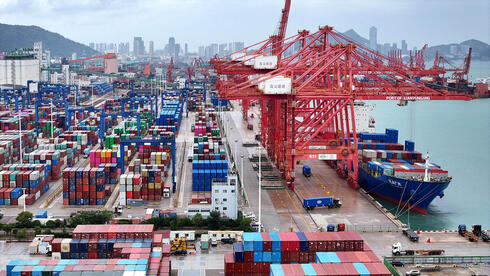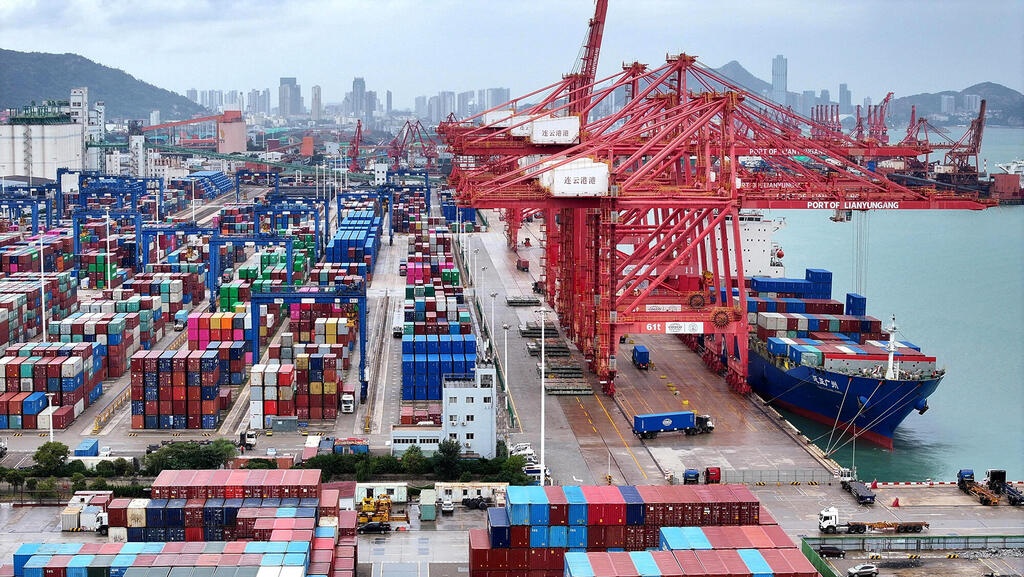
Trump administration targets Temu and Shein with crackdown on duty-free imports
The repeal of the de minimis exemption marks a major shift in U.S. trade policy, with ripple effects for global e-commerce.
After nearly a century, the Trump administration is eliminating a tax loophole that fueled the growth of online retail giants Temu, Shein, and, to a lesser extent, Amazon. In a series of swift moves, it was decided to repeal the de minimis regulation, which has existed since the 1930s and allows recipients to import packages worth less than $800 per day without duties or fees.
Although this specific exemption from tariffs for low-value goods was established almost a century ago to encourage imports into the United States and reduce costs for consumers and small businesses, it has become a tool for large retailers to avoid paying taxes in the past decade. The shift occurred in 2016, at the end of the Obama administration, when the exemption threshold was raised from $200 to $800. The goal was to continue reducing costs for consumers and ease the burden on the supply chain, although shipping and retail companies such as eBay and Etsy had pushed for the change through persistent lobbying efforts in Congress.
At the same time, several new Chinese companies began to rise, including ultra-fast fashion company Shein and PDD Holdings, which operates Temu, a popular platform among Israeli consumers. Both companies exploited the tax loophole to lower their operating costs, requiring suppliers to ship packages directly to consumers. This strategy saved both the companies and end consumers on shipping costs and customs duties. In 2024, 1.36 billion packages entered the United States under the de minimis exemption, with a total value exceeding $50 billion. Three out of every five of these packages were from Shein or Temu.
Together, the two companies control about 17% of the U.S. discount e-commerce market, according to the Congressional Research Service. In 2015, before the Obama administration expanded the exemption, only about 139 million packages entered the country under the rule—marking a 600% increase in less than a decade.
The de minimis rule allows low-value imports to enter the U.S. without tariffs because the administrative costs of processing duties often exceed the revenue generated. However, the widespread exploitation of this loophole has prompted complaints from major American companies, including Walmart and Amazon, which operate large domestic distribution centers, as well as express delivery firms like FedEx and UPS, which handle many packages shipped from China.
President Donald Trump has justified ending the de minimis exemption by linking it to the “synthetic opioid supply chain,” arguing that packages entering under the exemption are not properly screened and could be used to smuggle drug ingredients. A coalition of law enforcement agencies and drug prevention organizations sent a letter to Trump upon his return to office, urging him to eliminate the exemption, claiming it was “flooding the United States with fentanyl, pill presses, and other illegal products.”
This system has flourished over the past decade, mainly due to companies like Temu and Shein, which leveraged the exemption to offer consumers highly competitive prices. The problem has become particularly significant in the U.S. due to the unusually high exemption threshold. By comparison, China’s exemption is just $7, Canada’s is $111, the U.K.’s is $178, and Germany’s is $168. In Israel, the exemption is $75, above which VAT applies. This means American exporters face tighter restrictions than foreign competitors, while U.S. consumers enjoy lower prices on imported goods.
Over the past year, more than five bills have been introduced in the U.S. House of Representatives to repeal or modify the exemption. Most of these proposals focus on reducing the exemption for specific products or imports from certain countries, citing its role in facilitating the smuggling of counterfeit goods and illegal drug components into the U.S. In September, the Biden administration announced minor regulatory changes aimed at protecting the domestic steel industry, following a surge of cheap Chinese steel exports. However, these changes have yet to take effect.
Temu and Shein’s success under the exemption has made them formidable competitors to Amazon. They demonstrated that Amazon’s focus on fast delivery could be challenged by companies offering deep discounts, even with longer shipping times. The growing threat from Temu and Shein prompted Amazon to launch a new virtual store, Amazon Haul, in November, featuring ultra-low-cost goods shipped directly from China—bypassing U.S. tariffs. This marked a strategic shift for Amazon, which had long prioritized domestic shipping and warehousing as core elements of its business model.














